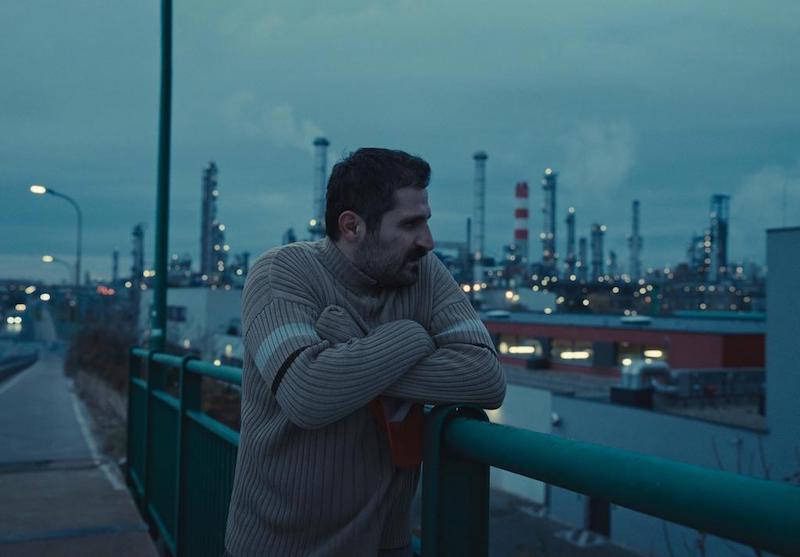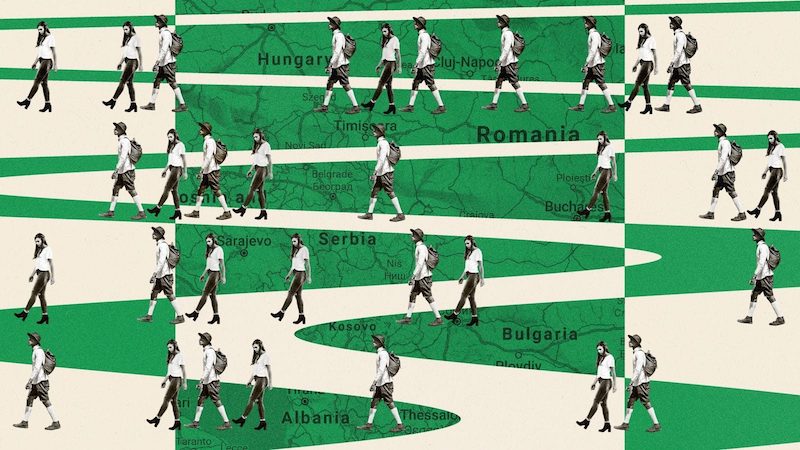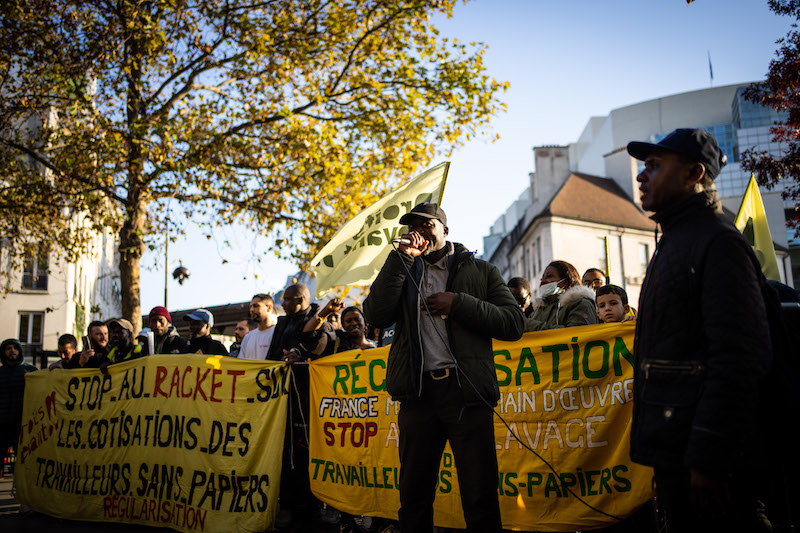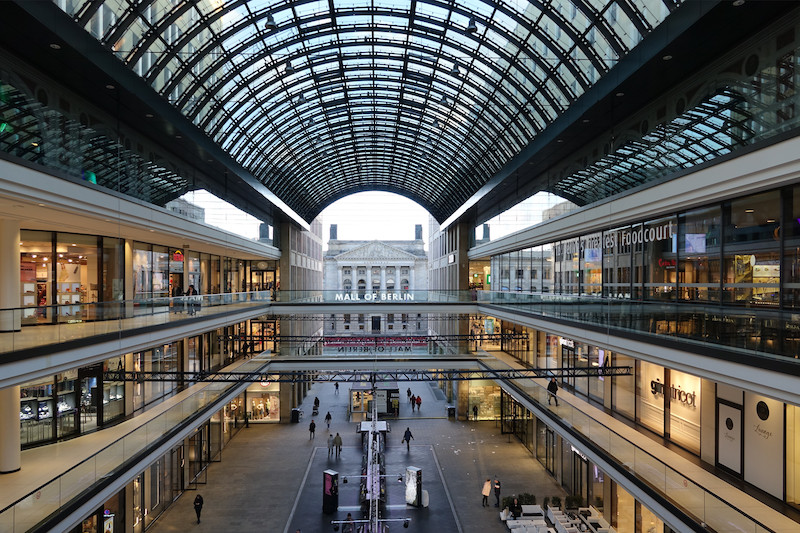Two years ago, I met Andrei Amariei*, a young Romanian who had been working in the German meat industry. At that time, the pandemic was wreaking havoc in Europe, and the role of essential workers across Europe was making headlines.
Andrei told me about 12 hour-shifts in freezing temperatures, long weeks without a day off, and a salary the bosses often slashed with no justification. “Germans see the Romanians as three or four classes below them, as the lowest in Europe,” he summed up.
Andrei is one of millions of Romanians trying to earn a living in western Europe, many of whom face discrimination and slave-like conditions.
In their absence, the Romanian economy struggles to find replacements. In 2022, the government allowed companies to hire 100,000 non-EU workers – the largest number ever authorised. Most of them come from Nepal, Bangladesh, Sri Lanka, India, Pakistan or Vietnam. I see them working in fast food restaurants and on construction sites, crossing Bucharest on bikes to deliver food, or in their free time, trying to make sense of this messy and confusing east European city.
Their experience is similar to that of millions of Romanians abroad since the Revolution. In 2020, residents of a village in central Romania rioted after a local bakery hired two workers from Sri Lanka. The story inspired award-winning director Cristian Mungiu’s latest movie, R.M.N.
A current investigation described the conditions of many foreign workers in Romania: they work up to 60 hours a week, sometimes without a contract, and live in overcrowded containers.
In the absence of policies to improve the European labour market and build solidarity in a world where profit dictates all, a chain of abuses is linking the West and the East. The exploited soon becomes the exploiter, and the weakest will suffer, as they always do.
*The name was changed, as the worker feared a legal dispute with his former employer.






